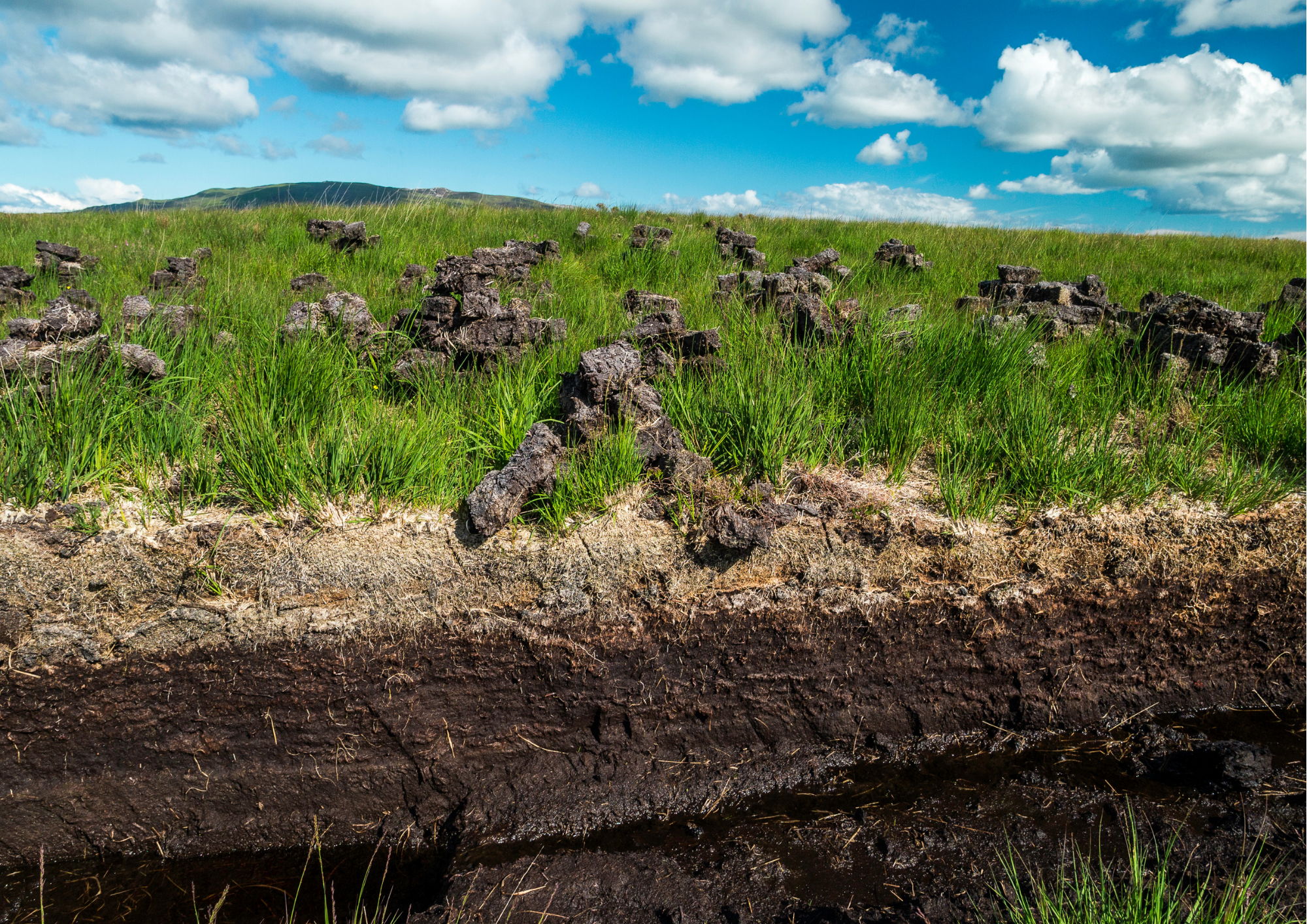The UK government has issued a ban on the sale of peat compost in England to gardeners from 2024 which has been welcomes by environmentalists. This ban is in an effort to restore peatlands and make fenland farming more sustainable.
The action plan sets out to re-wet peatland areas and return them to their natural state which could make a significant contribution to achieving the UK's targets on reducing carbon emissions, as well as having other benefits for water quality, nature and flood mitigation.
What is peat compost?
Peatlands are an iconic feature of British landscapes. Peat is made out of "partially composted mosses and plants in waterlogged, acidic bogs" Currently, around 3% of the Earth's surface is covered by living peat bogs.
The formation of peat occurs over an extremely slow process taking thousands of years. It is thought that peat grows at a rate of 1mm per year meaning that it would take around one thousand years to grow one meter of peat. Peat is not a renewable resource due to the rate at which we use it.
Peat has been used for the last 200 years and is used by gardeners to fertilise and improve soil.
The issue with extracting peat is that once the peat has been extracted, the bog is drained and therefore no longer waterlogged. Once drained, the bog will eventually dry out and die which will then release its stored carbon into the atmosphere, contributing to global warming.
What are the concerns surrounding the ban?
The ban rules to prohibit the unlicensed burning of peatlands which will protect 142,000 hectares of England’s upland deep peat from further damage. These 142,000 hectares represent approximately 40% of all blanket bog.
The UK government has already invested over £8 million in peatland restoration in 2020/21. Moreover, it has also recently launched a four-year Nature for Climate Peatland Grant Scheme, which it intends to invest over £50m in by 2025.
Campaigners have recognised that the ban is favourable due to its protection of peatlands in the UK to help boost nature, store carbon and hold back floodwaters, however the ban has still been criticised.
Despite the grand step in the right direction, there are still concerns about 'loopholes' in the ban that would allow the continued burning of carbon-rich peatland. It has been reported that environmental campaigners have called the plans to phase out the burning of peatland as "vague" and "short term".


Share:
Aquapax Racing Yacht officially enters the 2021 Ireland Fastnet Race!
World Oceans Day 2021